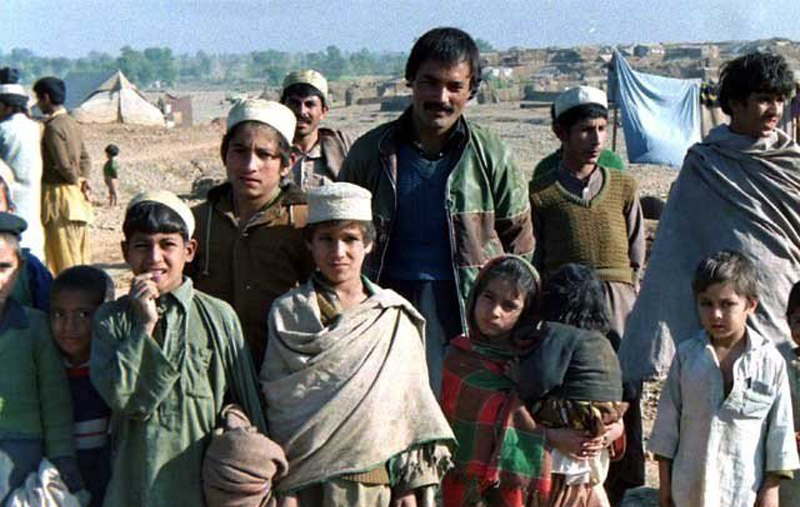
Pakistan’s federal cabinet has formally approved the extension to those Afghan refugees who hold the Proof of Registration (PoR) cards, the country’s Ministry of States and Frontier Regions (SAFRON), which deals with the refugees’ issues, said on Friday. The PoR cards allow the refugees to legally stay in Pakistan.
The UN refugee agency on Friday welcomed the cabinet’s decision to let 1.4 million Afghan refugees stay in Pakistan until June 30, 2020. The previous nine-month extension will expire on June 30, 2019.
“We appreciate the government decision to extend the PoR cards for twelve months, since this will provide predictability to Afghan refugees who were facing uncertainty and anxiety,” said UNHCR Country Representative in Pakistan Ruvendrini Menikdiwela.
Menikdiwela appreciated the people and government of Pakistan for generously hosting Afghan refugees for four decades.
“Pakistan has been an exemplary host throughout,” she said, adding that the UNHCR would continue to support government policies that promote the resilience and voluntary repatriation in dignity and safety, of the refugees, according to a UNHCR statement.
Menikdiwela said the UNHCR would continue to call for international support to Pakistan for Pakistani host communities and Afghan refugees living in the country.
Around 1.4 million registered Afghan refugees reside in Pakistan, the UNHCR says. Besides registered Afghan refugees, Pakistan also hosts about 900,000 Afghans who were documented last year and they hold Afghan Citizenship Card (ACC), but they are considered illegal immigrants. Thousands others skipped the documentation process.
Pakistani and UNHCR officials say that voluntary repatriation of the Afghan refugees from Pakistan was slow, citing security issues in Afghanistan and also the UNHCR decision to reduce cash grants for those returning.
The UNHCR says only 1,700 individuals returned to Afghanistan since the voluntary repatriation started in April 2019.
The agency has reduced the cash grant to $200 for an individual, citing financial problems. Earlier, a returnee would receive $400.
Afghans started taking refuge in Pakistan after the erstwhile Soviet Union invaded Afghanistan in 1979. Pakistan still hosts the largest refugee community in the world, according to the UN refugee agency.














